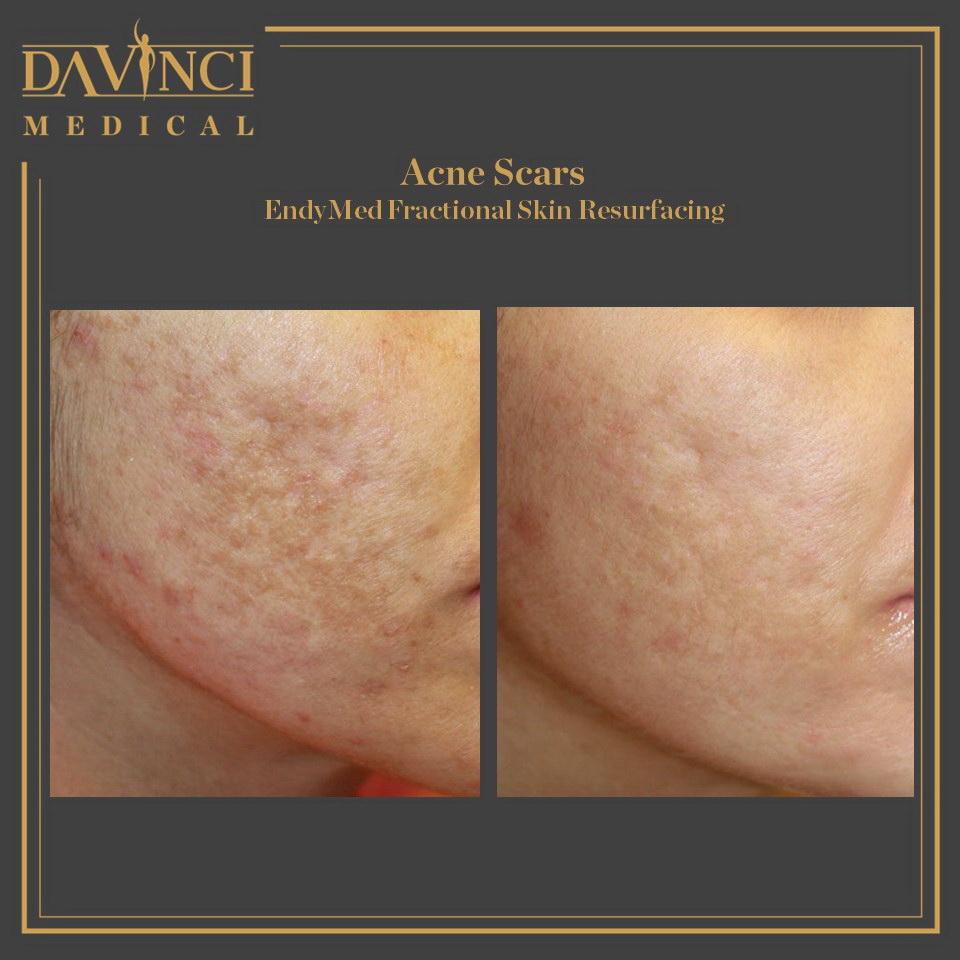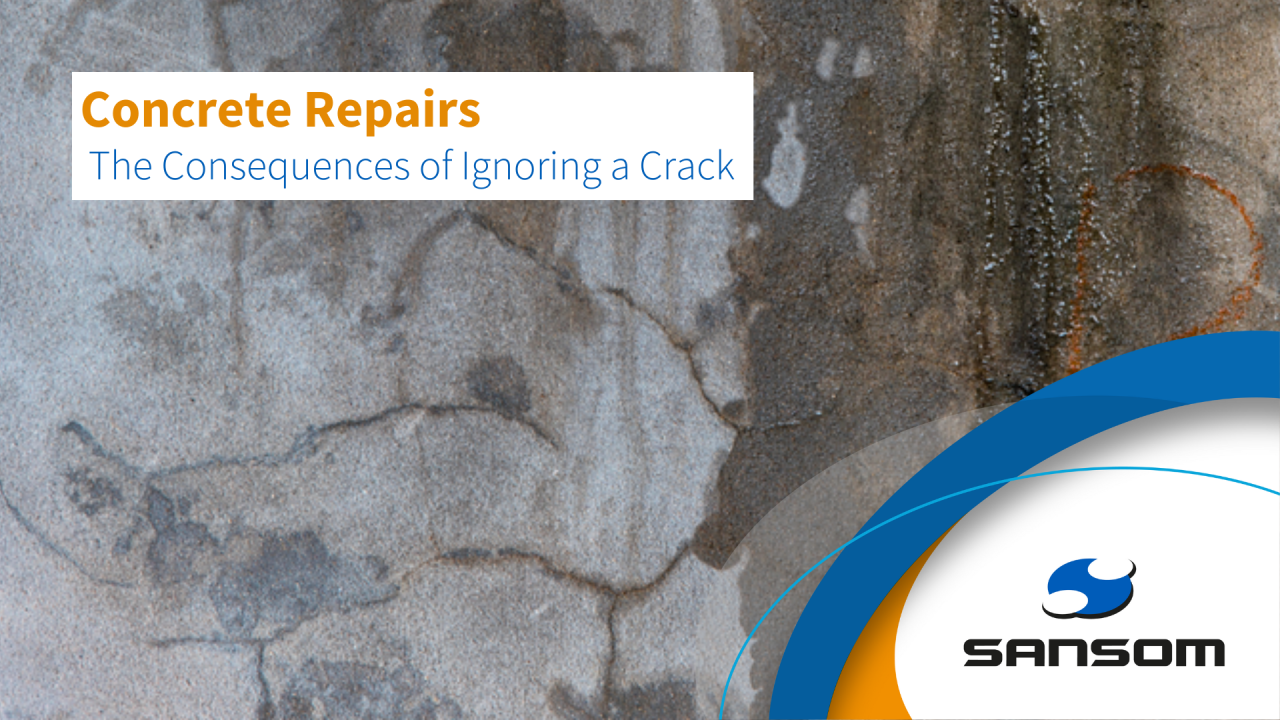
Microneedling is a new, minimally invasive treatment for acne scars. It uses fine needles to create microscopic holes in the skin. These “micro-injuries” stimulate the production of new collagen and elastin, which reduce signs of aging and improve the appearance of scars. Microneedling is typically performed two or three times per week for six weeks. Side effects are usually minimal, and results may take up to 12 months to appear.
What Is Micro-Needling?
Microneedling is a minimally invasive cosmetic procedure that involves puncturing the skin with small needles to stimulate collagen production and induce skin rejuvenation. The process is also known as collagen induction therapy, and it has become increasingly popular for treating various skin conditions, including acne scars. The procedure uses a handheld device called a derma roller or derma pen that creates tiny punctures in the skin’s surface to encourage natural healing.
Benefits Of Micro-needling

The benefits of micro-needling for acne scars are numerous.
- It can improve the appearance of scars by stimulating collagen growth, which helps to smooth out any unevenness or texture irregularities on the surface of the skin.
- Micro-needling can help reduce inflammation caused by acne breakouts and prevent future breakouts from occurring.
- It helps to enhance the effectiveness of topical skincare products by enabling them to penetrate deeper into the skin layers for better absorption.
Overall, micro-needling provides an effective treatment option for individuals who want to address their acne scarring issues without undergoing more invasive procedures like chemical peels or laser resurfacing. With its ability to promote natural healing and boost collagen production, micro-needling is a safe and effective way to achieve smoother and healthier-looking skin.
How Does Micro-needling Work For Acne Scars?
Microneedling is a minimally invasive cosmetic procedure that involves puncturing the skin with tiny needles to trigger the body’s natural healing response. The treatment has gained popularity for its effectiveness in reducing acne scars and improving overall skin texture. The procedure works by inducing controlled micro-injuries on the skin, which stimulates collagen production and promotes new cell growth.
During micro-needling treatment for acne scars, a dermatologist or aesthetician will use a device equipped with sterile needles to create microscopic channels on the surface of the skin. This process allows for greater penetration of topical products like serums or growth factors, which further boosts collagen production and enhances the results of the treatment. After micro-needling, patients may experience redness, mild swelling or bruising, but these side effects typically subside within a few days.
To achieve optimal results from micro-needling for acne scars, get in touch with our experts for multiple sessions. Treatment frequency varies depending on individual needs but is typically spaced out between four to six weeks apart. It’s important to note that while micro-needling can improve acne scars’ appearance significantly, it may not eliminate them entirely.
Patients should have realistic expectations and work closely with their skincare provider throughout their treatment journey to achieve their desired outcome.
Are There Any Potential Side Effects To Using Micro-Needling For Acne Scars?
While micro-needling is generally considered safe for most individuals, it can carry some potential side effects. Some people may experience redness and swelling after the treatment, which usually subsides within a few days. In rare cases, patients may develop an infection or scarring from improper technique or a lack of proper sterilization.
Microneedling may also cause hyperpigmentation, especially in individuals with darker skin tones. This occurs when the skin produces too much melanin in response to the micro-injuries caused by the needles. However, this side effect is typically only temporary and fades over time.
It’s important to note that micro-needling should not be performed on active acne lesions or areas of skin with open wounds as it can spread bacteria and lead to further inflammation. Additionally, those who are pregnant or have certain medical conditions such as diabetes or immune system disorders should consult their doctor before undergoing micro-needling treatment.
Conclusion
In conclusion, micro-needling is a highly effective treatment option for individuals struggling with acne scars. By creating tiny punctures in the skin, micro-needling stimulates collagen production and encourages cell turnover, resulting in smoother and more even-looking skin. While there may be some discomfort during the procedure and a brief period of redness and swelling afterward, most patients see significant improvement after just a few sessions.
It’s important to note that results can vary depending on the severity of the scarring and individual factors such as age and skin type. Additionally, it’s crucial to choose an experienced and reputable practitioner who uses sterile equipment to minimize the risk of infection or other complications. Overall, however, micro-needling offers a safe, non-invasive way to improve the appearance of acne scars without resorting to more invasive procedures like surgery or chemical peels.


